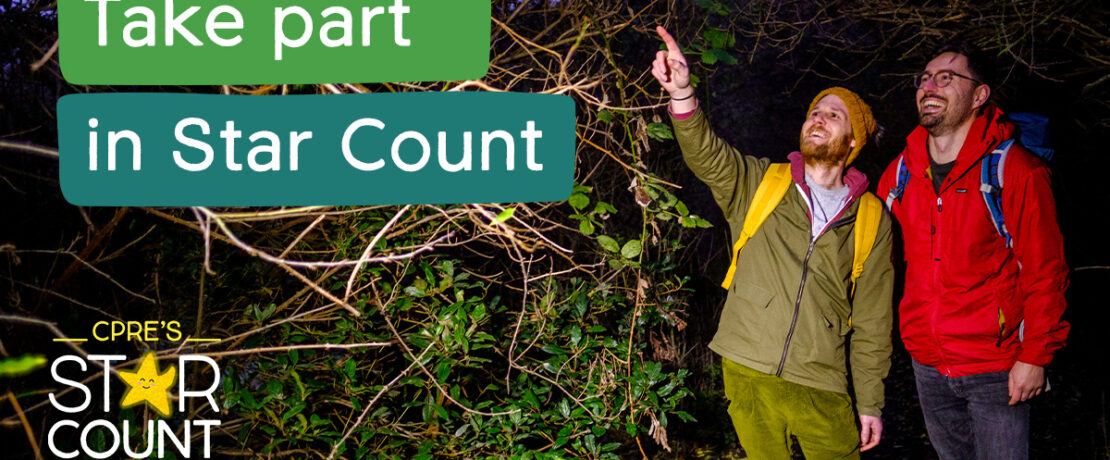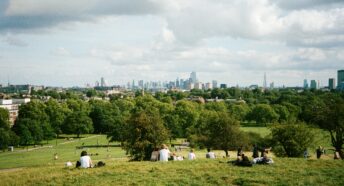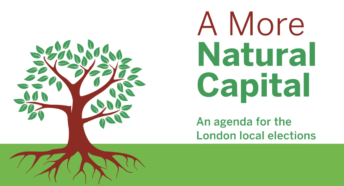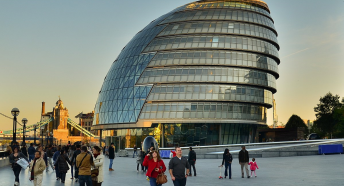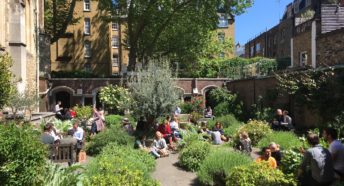Count stars to help protect London's dark skies
Broadcaster Chris Packham is urging people across the UK to join the CPRE’s annual Star Count, from 17 to 24 February. In London, the survey will help drive action to combat light pollution and protect wildlife.
We’d like as many people as possible to take part in the Star Count, from 17 to 24 February. By counting the number of stars visible to the naked eye in the Orion constellation, you will make a vital contribution to building a nationwide picture of the state of our night sky. You can join here Star Count 2023 – CPRE
Threats
Artificial light pollution is one of the biggest threats to nocturnal creatures. Man-made lighting also confuses migrating birds, often with fatal outcomes. It interrupts natural rhythms of people as well as animals, affecting human health. Light pollution robs people of the opportunity to enjoy the beauty of the stars and reduces an often-forgotten connection to nature.
We want to see well-designed lighting that is only used when and where needed.
Alice Roberts of CPRE London says: ‘London’s planning system lacks strength and consistency in relation to light pollution. despite the effect it has on the natural rhythms of humans as well as animals, leading to a range of health problems.
‘The Mayor should establish a London-based dark sky designation framework, and set targets to reduce light pollution. Planning rules should require councils to consider the lighting impacts of development, especially installations which dominate the night sky.’
The night sky is becoming increasingly obscured by artificial light. Sadly, this means most people in the UK can’t see many stars at all, especially if they live near a big town or city.
Campaigners say it’s a form of pollution that has been allowed to grow for years without any significant effort being made to control the damage it’s causing to people, nature and the environment. It’s time to rewild the night sky and help people, as well as wildlife, reconnect to such a vital part of our heritage.
Chris Packham said: ‘Light pollution can be a real nuisance. It can interrupt animals’ behaviour and drastically disrupt their ecology, particularly nocturnal species like bats and moths. And that’s why CPRE, the countryside charity, is organising Star Count.
‘This is a great piece of citizen science where me and you can gaze into the night sky and count the number of stars which are visible to us in the constellation of Orion. This is stargazing made easy and you don’t even need a telescope.’
Simple measures, such as directional street lighting, timer switches on exterior lights and changing the colour of LED bulbs can make a significant improvement to light blight. Minimum standards are needed for the management of external lighting to cut light pollution. Stronger policies in local plans should ensure existing dark skies are protected, and that new developments do not increase light pollution.
